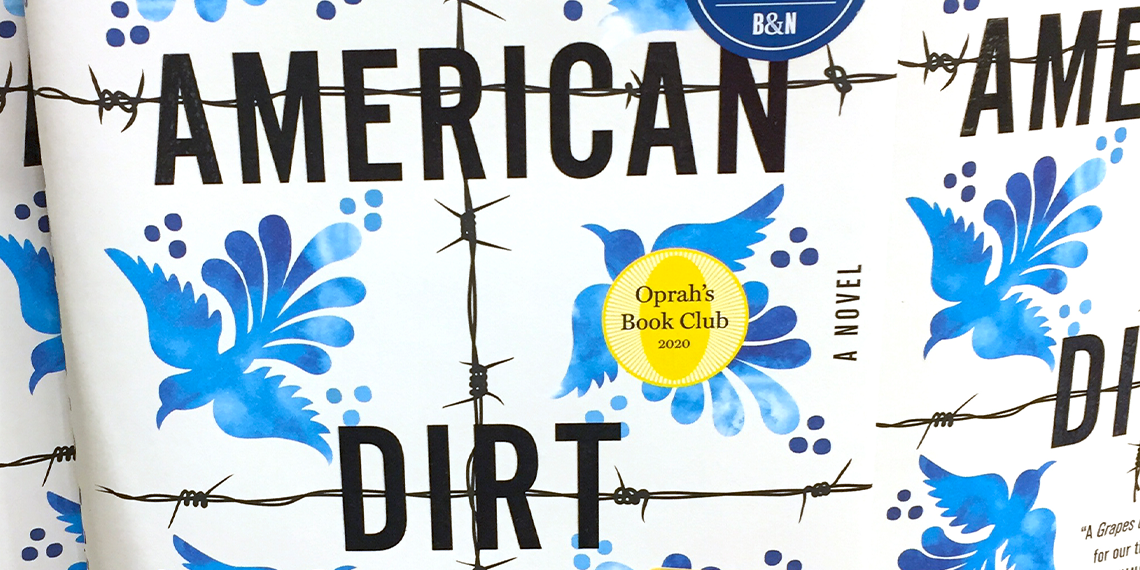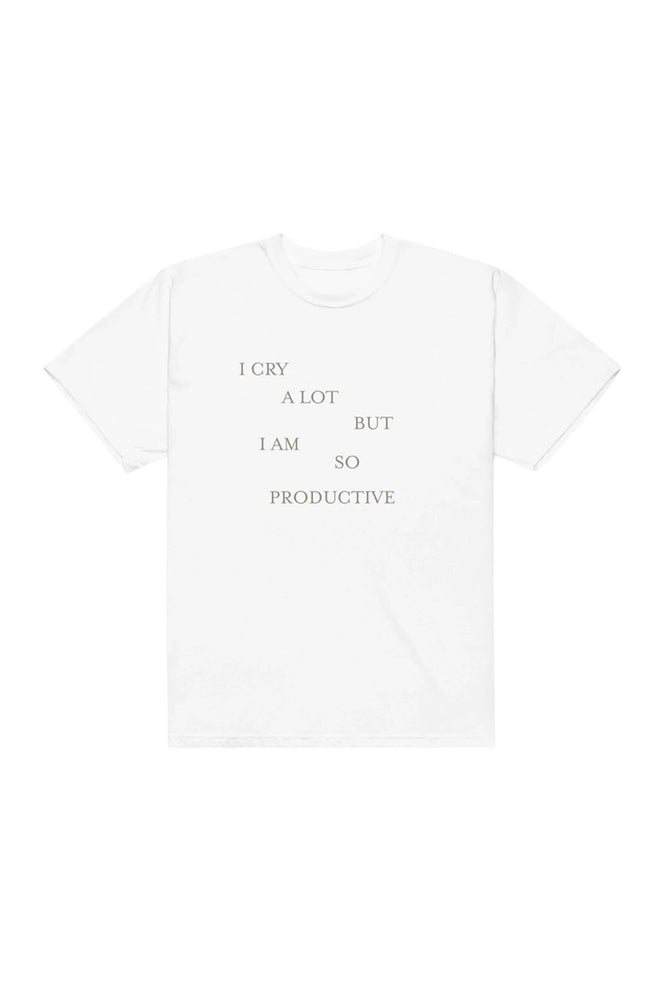Book Twitter was set ablaze yet again earlier this week, when Barnes & Noble announced their Black History Month initiative in their flagship Fifth Avenue store. It was, literally, not a good look: the store intended to launch a new “Diverse Editions” project that would display “classic” books with new cover illustrations where the main characters would be redrawn as people of cover.
While I guess Barnes & Noble meant well (the classic defense of white people everywhere when they do something insensitive), people on Twitter were quick to point out that there would have been another, better, arguably easier way to celebrate diversity: highlight actual writers of color. Which kind of seems like a no-brainer, especially considering that most of the books they were going to provide new covers for were actually written by white authors, featuring white protagonists.
If Barnes & Noble was serious about this #BlackHistoryMonth celebration, they would feature and push renditions of the "classics" actually written by Black authors.
— LL McKinney (@ElleOnWords) February 5, 2020
The backlash was swift, and Barnes & Noble walked that sh*t back real quick. In a statement, they said the project was meant to “help drive engagement with these classic titles,” and to “help raise awareness and discussion during Black History Month.” I’m still not clear on how driving people to buy books by white authors would help raise awareness during Black History Month, but ok. They did say, though, “The covers are not a substitute for black voices or writers of color, whose work and voices deserve to be heard,” and acknowledged “the voices who have expressed concerns about the Diverse Editions project.” They added that in February, the stores would “highlight a wide selection of books to celebrate black history and great literature from writers of color.”
This isn’t the first time in 2020 that the publishing industry has come under fire for attempting to promote diversity while in actuality celebrating white writers, and it’s only February. Yeah, I’m doing it: I’m talking about American Dirt. Author Jeanine Cummins scored a seven-figure deal for the book, which had publishers embroiled in a bidding war. Oprah selected it as one of her highly coveted book club picks. The cover is emblazoned with a quote from Don Winslow, calling it “A Grapes of Wrath for our time.” It garnered praise from Stephen King and Sandra Cisneros, who contributed blurbs to the back cover.
But much like Milkshake Duck, Cummins’ novel about Mexican migrants fleeing cartel violence that rose to massive acclaim so rapidly was just as quickly canceled for being racist.
The first issue, which Cummins herself acknowledged in her author’s note, was that she is white (though she would later insist on a Puerto Rican grandmother as a claim to Latinx heritage). She wrote, “I worried that, as a nonmigrant and non-Mexican, I had no business writing a book set almost entirely in Mexico, set entirely among migrants,” and added, “I wished someone slightly browner than me would write it.” “Slightly browner?” F*cking yikes. I wonder what would have qualified to Cummins as “slightly”. Like, if she had gotten a tan before setting off on her book tour, would it have been chill?
But rather than pursue stories about people from Mexico written by actual Mexican writers, the publisher, Flatiron Books, paid a white woman 700K to use her imagination—and badly. The result is a book that, according to many Latinx and Mexican writers, leans heavily on stereotypes, is riddled with inaccuracies, and is just straight-up unrealistic about anything a Mexican person would say or do.
Miryam Gurba, in one of the best takedowns of the book that exists on the internet, writes, “Despite being an intellectually engaged woman, and the wife of a reporter whose beat is narcotrafficking, [the protagonist] Lydia experiences shock after shock when confronted with the realities of México, realities that would not shock a Mexican.”
For instance: “It shocks Lydia to learn that the mysterious and wealthy patron who frequents her bookstore flanked by ‘[thuggish]’ bodyguards is the capo of the local drug cartel! It shocks Lydia to learn that some central Americans migrate to the United States by foot! It shocks Lydia to learn that men rape female migrants en route to the United States! It shocks Lydia to learn that Mexico City has an ice-skating rink!” The problem, as Gurba sums up perfectly in her essay, is that Lydia “perceives her own country through the eyes of a pearl-clutching American tourist.”
Perhaps the most ridiculous illustration of this comes after Lydia’s own husband publishes an exposé on this same mysterious and wealthy patron of her bookstore who is the head of the local drug cartel. He asks if, after the piece hits newsstands, they should disappear for a while, and she’s like, “nah, I think we’ll be good.” Five years of research Cummins did to arrive at this conclusion, meanwhile, all I’ve done in the way of “research” has been watching Breaking Bad one time through, and even I know that that seems incredibly f*cking stupid. I know that this massive, deadly miscalculation is the vehicle for the entire plot, but the thing is that even fiction is supposed to be plausible. The reader can only suspend their disbelief so much before the entire book becomes a farce. The fact that the entire reason for Lydia fleeing Mexico, and in essence, the whole plot, hinges on this unbelievable decision is pretty telling.
So after all the backlash hit the fan (and by fan, I mean the internet), Flatiron Books released an initial statement that said they were carefully listening to “the concerns that have been raised, including the question of who gets to tell which stories”. I thought their non-apology was kind of laughable, but what do I know? So I spoke to Fernando Esquivel-Suarez, Senior Lecturer in the World Languages and Cultures at Spelman College, who says that while it can be useful for white writers to tell the stories of POC, “the problem is the piece is not good,” and yet “it’s being pushed as a new instant classic.”
“Instead of doing the work to get to know Latino audiences and open up complexities in our characters—more than just criminals, more than just victims—and write stories that make us whole,” Cummins relies on stereotypes and “takes pieces from all these other Latinx authors.” While American Dirt might have been convincing enough to fool white audiences and even Oprah, Latinx people knew better, and they were pissed. “It’s like, again?” Esquivel-Suarez asks. White authors “keep telling the same story over and over and giving each other awards and money. Why do we always need a reassuring white narrative of the issues we have?”
Even without the cultural inaccuracies, tired and offensive stereotypes, and borderline insulting sprinkling of Spanish (at one point, Cummins italicizes the Spanish word for chocolate, which is… chocolate), the writing, I would posit, is just… not good. Here’s a real sentence from American Dirt: “Lydia feels like a cracked egg, and she doesn’t know if she’s the shell or the yolk or the white. She is scrambled.” LMAO. In another instance, Cummins describes a man falling off the cargo train on which migrants travel, writing he makes the “shape of grief” as he falls. Huh??
So how this book became hailed as the new Grapes of Wrath or “a novel not for our times, but for THIS moment in our time,” is kind of beyond me. (My friend who works in publishing had two words to contribute: marketing money. Esquivel-Suarez echoed that sentiment, saying it’s due to inherent racial bias in “all the cultural mechanisms that put these books in the forefront for American readers to see.”)
I can also take another guess: white audiences want to feel better about a hot-button issue, so they read a book of fiction about it (written by another white person) so they can feel like they really understand what’s going on at the border, without actually a) understanding or b) doing anything. In other words, literary slacktivism.
But if there’s one good thing to come out of this objectively pretty bad book, it’s that, according to Esquivel-Suarez, American Dirt and its surrounding controversy has created a sort of cultural inflection point. “It’s to start opening up spaces for the publishing industry in the country to allow Latinx writers and artists and embrace them in the same way they do with white writers,” he says. And, indeed, the president and publisher of Flatiron Books said in a statement that the backlash to American Dirt forced them to realize “deep inadequacies in how we at Flatiron Books address issues of representation, both in the books we publish and the teams that work on them.”
Whether they actually put their money (or their hiring practices) where their mouth is remains to be seen, but both the controversy surrounding American Dirt and the one with Barnes & Noble illustrate the same issue: the lack of diversity in publishing and white people making decisions on behalf of POC. “We really want this to be a landmark in the way we are seen by white writers and white audiences,” says Esquivel-Suarez. “These moments help bring this issue to the forefront and make us realize there is a problem with the publishing industry in the country.” If people of color had been given a place in the decision making process, it seems doubtful that these massive blunders would have happened.
To Cummins and other white artists who are contemplating a similar move, and in a sense, the entire publishing industry, he urges, “Step up your game. You can do better. You don’t have to make us feel like objects that you are profiting from. Just do it better, and also listen to us and learn from us so you might be able to do it better.”
Want to keep up with the news without crying into your sad desk salad? Subscribe to the Betches Sup newsletter for a lunchtime briefing to make you laugh, instead of cry, about the news.








































